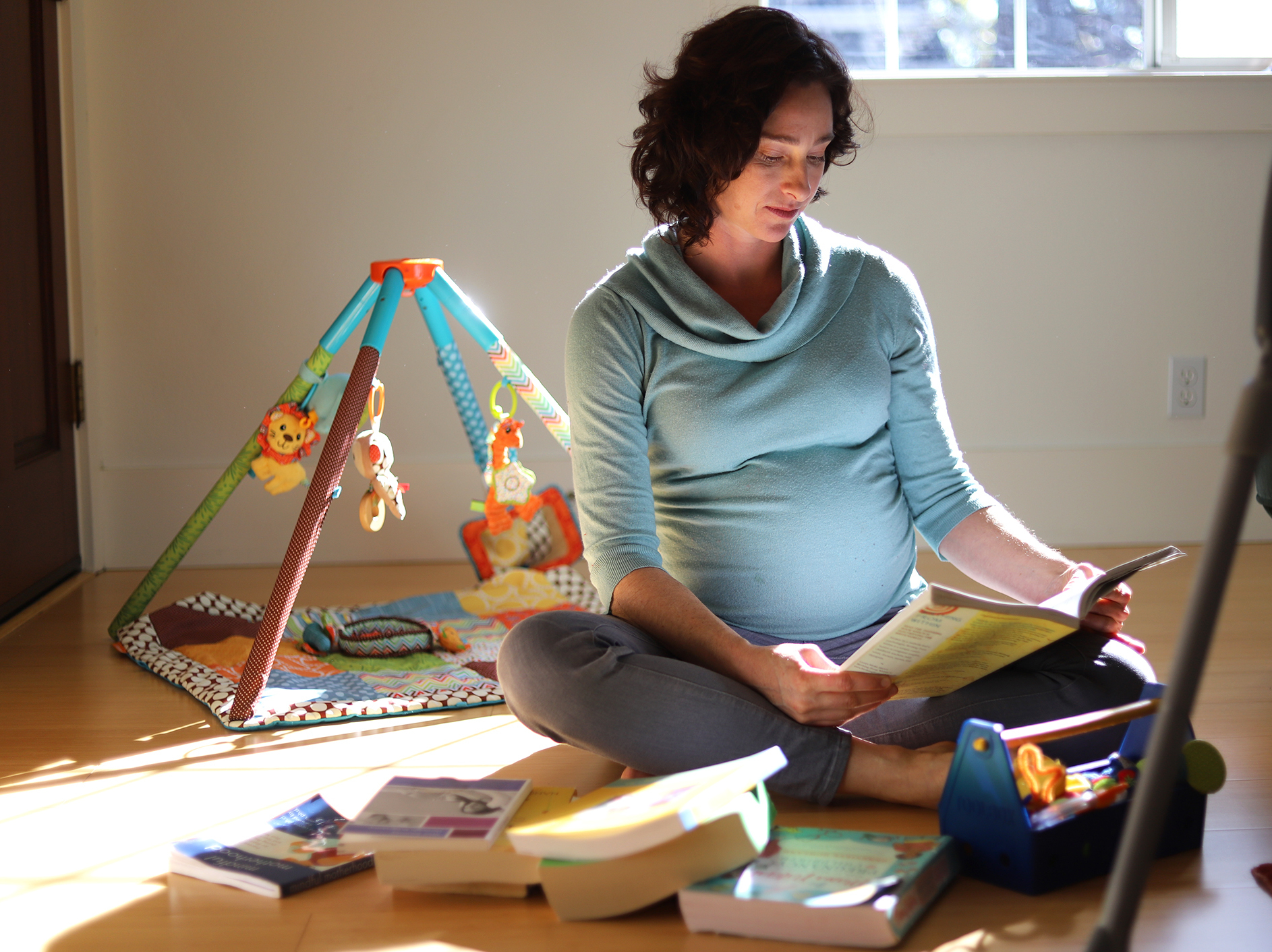Lawmakers on the House Floor discussed the risks and benefits of forgoing a Certificate of Need for birthing centers to open in West Virginia.
After contentious debate from both sides of the aisle, House Bill 2789 passed the House of Delegates with a vote of 73 ayes, 26 nays, 1 absent.
Co-sponsor of the bill, Del. Heather Tully, R-Nicholas, began by explaining that the bill will remove the requirement for Certificate of Need for birthing centers in West Virginia.
The Certificate of Need (CON) is a governmental review process for a new proposed health care center that determines need, consistency with the State Health Plan and financial feasibility.
Lead sponsor of the bill, Del. Kathie Hess Crouse, R-Putnam, spoke from personal experience as a mother, and noted promises made by lawmakers to West Virginians in the wake of the state’s abortion ban last year.
“We just need some more access to facilities, we just told thousands of women throughout this state that they were going to have to give birth, many of those are going to have to travel round trip hours to get to doctors, or birthing facilities, and that is adding too much to them,” Crouse said. “We need to make these closer and allow them to come in where they’re able to sustain.”
Co-sponsor of the bill, Del. Amy Summers, R-Taylor, said expectant mothers in West Virginia need more options for care.
“Moms have a right to choose where they want to have their babies and our only option is the hospital or home,” Summers said. “Birthing centers are a great alternative in between, because what we saw during COVID was a huge increase in home births, where no one’s monitoring that baby unless you do get a nurse midwife to come to your home to provide monitoring, but our people deserve this freedom.”
One delegate who spoke in opposition to House Bill 2789 was Del. Danielle Walker, D-Monongalia.
“You’re looking at an African American woman who had several difficult births and these birthing centers are for healthy pregnancies…forced birth is very diverse. Pregnancy is very diverse,” Walker said. “ It’s in the hospital where I knew that I would not only have an OB, but a cardiac physician there, a pulmonologist there, and these birthing centers won’t have that. They can still apply. So why are we trying to take away this certificate of need?”
Discussion on House Bill 2789 continued as Del. Geno Chiarelli, R-Monongalia, asked Del. Tully about the operating procedures of birthing clinics.
“They have emergency procedures set into place. Birthing centers are usually accredited by an accrediting body. So there’s certain standards, you have to have emergency care and it would be no different than say you had to have a transfer, like from a hospital to a higher level of care,” Tully said. “You would have people there that were trained to take care of that emergency and have an emergency operations plan in place to take care of those patients.”
House Bill 2789 now goes to the Senate for consideration.
